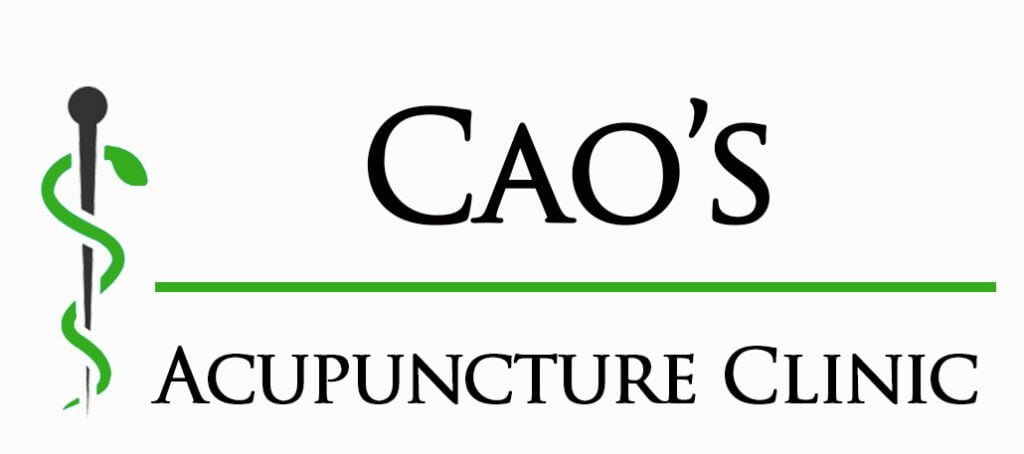Why Holistic Health Care?
Holistic Medicine: Integrating Chinese Medicine, Medicinal Herbs, and Acupuncture for Comprehensive Wellness
Holistic medicine is an approach to healthcare that considers the whole person—body, mind, spirit, and emotions—in the quest for optimal health and wellness. This method of treatment goes beyond merely addressing symptoms; it seeks to identify and treat root causes of illnesses. Chinese medicine, with its ancient traditions and practices, provides a profound framework for holistic care. Key components of this system include the use of medicinal herbs and acupuncture, which together aim to harmonize and balance the body’s energy, or “Qi,” to promote overall well-being.
Chinese Medicine
Chinese medicine is a complete system of healthcare that has been practiced for thousands of years. It is based on the concept of Qi, the vital life force that flows through the body along pathways known as meridians. When Qi is balanced and flowing freely, the body is in a state of health. When Qi is blocked or deficient, disease can occur. Chinese medicine focuses on restoring balance and harmony within the body to prevent and treat illness.
Medicinal Herbs
Medicinal herbs are a cornerstone of Chinese medicine. They are used to restore balance and support the body’s natural healing processes. Herbal formulas are carefully crafted combinations of plants, minerals, and animal products, each selected for their specific properties and how they interact with each other. These formulas are customized to the individual’s unique constitution and the specific patterns of disharmony they present.
For example, ginseng is often used to boost energy and vitality, while ginger may be included to improve digestion and reduce inflammation. The aim is to treat the underlying causes of illness rather than just the symptoms, promoting long-term health and wellness.
Acupuncture
Acupuncture is another essential aspect of Chinese medicine that involves the insertion of fine needles into specific points on the body. These points lie along the meridians and are chosen based on the individual’s health condition and the principles of Chinese medical theory. Acupuncture works by stimulating the body’s own healing mechanisms, enhancing the flow of Qi, reducing pain, and improving overall function.
Studies have shown that acupuncture can be effective for a wide range of conditions, from chronic pain and migraines to anxiety and digestive issues. By addressing imbalances in the body’s energy system, acupuncture helps to restore harmony and promotes natural healing.
The Holistic Approach
The holistic approach of Chinese medicine, incorporating medicinal herbs and acupuncture, emphasizes the interconnectedness of all aspects of health. It recognizes that physical, emotional, and spiritual well-being are deeply intertwined. This perspective encourages patients to take an active role in their health, making lifestyle changes that support their overall wellness, such as diet, exercise, and stress management.
By treating the whole person rather than just isolated symptoms, holistic medicine aims to create a state of balance and harmony that supports long-term health and prevents future illness. It is a powerful approach that respects the body’s innate ability to heal and thrive, using time-honored practices to foster a deeper sense of well-being and vitality.


